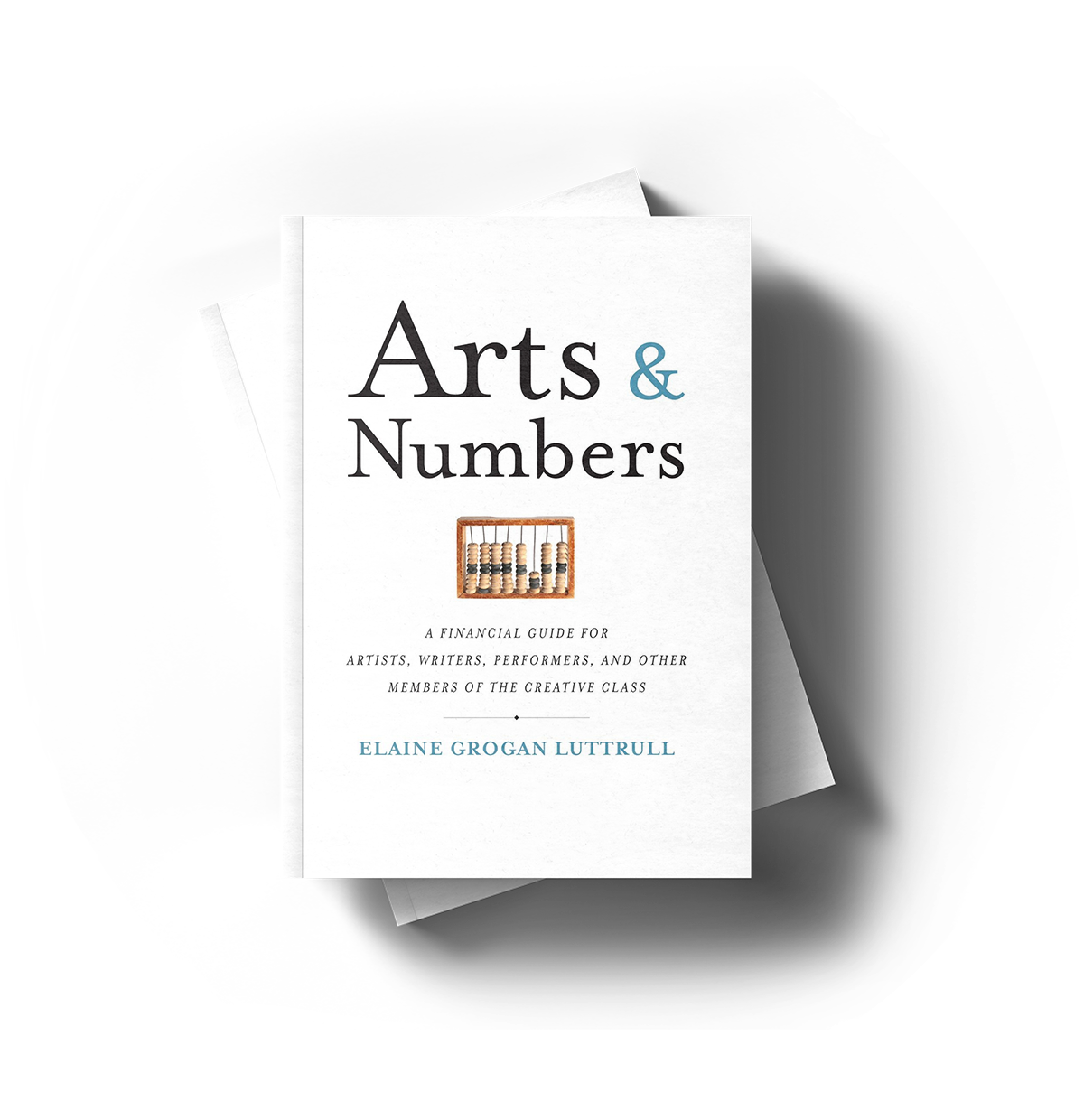October 10, 2016 • Curriculum

Summer 2005
When we see “work in progress” pictures, they almost never show a budget in process, or the draft of a difficult email, or even a stack of legal research as we struggle to write our own contracts.
Nope. They show the good stuff. The creative stuff. The stuff we actually care about. (As an aside, I would totally follow an Instagrammer who posts boring administrative images from his or her week. But that’s probably just me.)
The administrative stuff isn’t exciting. It isn’t sexy. It isn’t what we talk about when we talk about our days or our weeks. And by the way, that’s true regardless of the career you pursue. Attorneys don’t enjoy billing their time; they’d much rather practice law. Dentists don’t talk about a really interesting case of Medicare reimbursement they encountered during the day. They talk about the chance to use their unique skills. Valets don’t talk about the frustrations of following-up with a client over and over (and over) again. They talk about the incredible cars they drove around the block. Twice.
The existence of administrative work isn’t new. It’s been around since the beginning of time, in every imaginable profession. And it is part of the overall joy of doing a job—all aspects of a job—well.
Not talking about it isn’t new either. It is the rare human that celebrates the must mundane parts of his or her day. Administrative time and the related tasks that occupy such time isn’t sexy. It isn’t headline grabbing. It isn’t what we lead with when asked, “What do you do?”
That doesn’t mean it isn’t important. It is. And that doesn’t mean we should start leading with our administrative accomplishments. There’s nothing wrong with celebrating success, and reconciling a bank statement, polishing language for a program write-up, and finishing a grant application is certainly worth celebrating.
But as every excellent seventh grade language arts teacher will remind us: Editing matters. Not every story has to include every idea, and not every summary of our day has to include an accounting for each moment.
On the last day of September, I spent about nine hours of “working” time. I spent seventy-five minutes leading a finance workshop with an incredible group of senior dancers at the Juilliard School. I spent eight minutes visiting with a few of those students after the workshop until the next class arrived to use the room. I spent another ninety minutes or so doing pop-in visits to catch up with friends and colleagues from the school. I spent forty-five minutes in a cab to the airport, scrolling through news headlines and checking flight status updates. I spent forty-five minutes outlining content for October’s blogs while I ate a sandwich and drank a beer. I spent two minutes tweeting about said delay, and the related sandwich and beer. (Thanks, Sixpoint!) I spent three hours drafting October’s content while I sat at LaGuardia moving from chair to chair in search of better light, a working outlet, and a fresh perspective (in that order). I spent two minutes sending belt-tying instructions to my partner, in case I didn’t make it home in time to take my daughter to Taekwondo. I spent thirty minutes cleaning out my inbox, which had filled with non-crucial emails during my travel. I spent an hour editing October’s content. I spent twenty minutes eating a cookie from Levain Bakery and drinking a warm cup of coffee, watching people in the terminal around me. I spent six minutes letting my imagination wander behind a new idea that percolated as I sat people watching.
That totals 9 hours and 23 minutes (ish). And if I were to classify that time, I’d say about 15% of it was spent on my professional pursuits. The balance was spent on building content, maintaining relationships, staying informed, and administering my inbox.
And when I arrived to Taekwondo that evening (because I did indeed arrive at Taekwondo that evening), guess what I said when someone asked me how my day was? I said it was amazing because I was able to lead a finance workshop for an incredible group of Juilliard senior dancers that morning.
I edited. I kept it positive. And I focused on the moments that made me the most proud of what I do.
My seventh grade language arts teacher would be so proud. When scrolling through the Instagram feeds of those you admire, remember that the images capture only a sliver of work during a given day. When engaging in witty banter with your community on twitter, don’t forget that the time you are spending—while important—isn’t the most important part of your day. When updating your status on Facebook and scrolling through the status notes of others, don’t’ forget that those updates reflect a highly curated version of the underlying story.
And there’s nothing wrong with that, as long as we remember that the messy, unsexy, chaotic reality is sometimes more instructive and usually more interesting.


